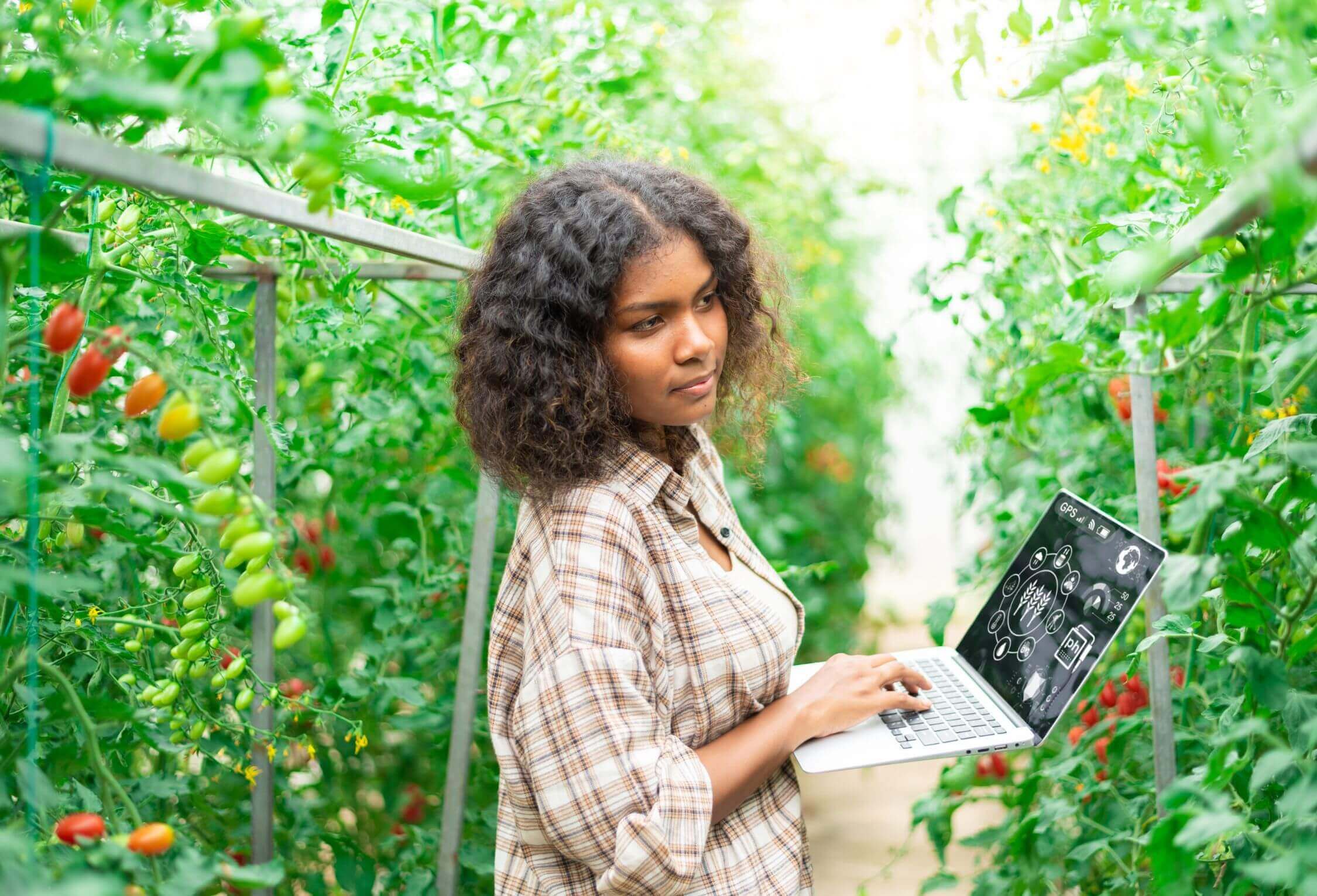Introduction to Greenhouse Farming
Greenhouse horticulture saw the green revolution in modern agriculture, creating a controlled environment and optimizing resource consumption. With the present limitations of climate change and dwindling availability of water sources affecting almost every agriculture activity, innovative solutions such as greenhouse farming have come to the fore. This agricultural technique maximizes the water use efficiency, minimizes evaporation and ensures crops are adequately hydrated, without much wastage.
Precision Irrigation for Maximum Efficiency
Precision irrigation methods are a major reason for water conservation in greenhouse farming. While water in open-field farming is lost through runoff and evaporation, greenhouses use drip irrigation and hydroponic systems that ensure water reaches the plant roots directly, minimizing wastage to conserve water. Farmers can achieve up to 70% water savings in greenhouse irrigation compared to conventional farming.
Irrigation and soil moisture sensors in greenhouse farming continuously monitor hydration in soil or plants. Thus, this technology enables accurate irrigation without over-watering crops but ensures that water reaches them efficiently. Controlling soil moisture optimally can greatly conserve more water in greenhouse farming ensuring good health and yield of crops.
Reduced Evaporation and Water Loss
Water conservation is a serious setback for traditional agricultural practices due to high rates of evaporation, especially in arid and semi-arid regions. Greenhouse farming serves the purpose of creating a controlled microclimate with reduced direct sunlight and wind exposure. The greenhouse is simply closed to external air, which minimizes water vapor loss and keeps moisture within the system for longer.
In fact, the humidity levels prevailing within the greenhouses are way higher than in fields open to the elements. Hence the moisture is preserved for plant growth with very little water use, which makes greenhouse farming an especially sound option for water-scarce areas. Taking into account that these sites will conserve water with reduced evaporation while consistently producing crops, this gives more potential to greenhouse farming through promoting usage in water-scarce regions.
Recycling and Reusing Water
A very strong point about greenhouse farming is that it promotes recycling and the judicious use of water, which in turn helps in making it more sustainable. Closed-loop irrigation systems such as hydroponics and aeroponics allow farmers to collect excess water and filter it, then redistribute it back to the plants. This reduces dependence upon external water source and minimizes wastage.
In hydroponic greenhouse farming, plants do not derive the essential nutrient-water mixture from soil, but from specially synthesized solutions tailored for this specific purpose. These solutions are saturated with minerals and other chemical nutrients essential to plant life. Hence, within an enclosed system, there is little or absolutely no runoff, thereby avoiding the loss of nutrients and waste of water. As such, an innovative conception does not merely render the required water supply but also enhances plant growth since the nutrients are directly at the roots.
Protection Against Drought and Water Shortages
One of the most prominent threats now to food security across the globe is reduced availability of water. Greenhouse farming has an argument for enabling agricultural production in areas affected by drought. Controlled irrigation and other water-use-efficient technologies associated with greenhouse help farmers maintain yields even when unpredictable weather conditions occur.
In many cases, traditional agriculture does not sustain, because of erratic water supply. Greenhouse farming is able to optimize every drop of water utilized, thus eliminating this risk. Advanced climate control for irrigation allows farmers to build the most ideal environment for crops without excess use of irrigation. Such a carefully managed production environment guarantees food production; hence greenhouse farming is a vital approach in conserving water in agriculture.
Higher Yield with Less Water
In modern agriculture, a key goal consists of maximizing productivity while minimizing resource consumption. Greenhouse farming serves this need of a higher yield with far lesser water requirements. Controlled conditions permit crops to receive just the right amount of water and nutrients in a given time, leading to faster growth and higher output per unit water consumed.
According to research, greenhouse farming is capable of achieving yields from 1 to 10 times more in food weight harvested per acre than traditional farming gives, using much less water. With this resource usage, farmers will be able to satisfy the food demand without exerting extra pressure on the water resources. Therefore, greenhouse farming becomes an important practice in regions of priority for water conservation.
Sustainable Farming for the Future
To cope with the ongoing global water depletion, sustainable agriculture has now become a necessity. Greenhouse farming presents itself as a viable and scalable method that can minimize water use in food production. In this regard, greenhouse farming takes on great significance by smart irrigation systems, water recycling, and evaporation prevention to address the challenges posed by water scarcity.
As agriculture moves toward sustainability, greenhouse has emerged as one of the most water-conservative methods. Greenhouse construction is being increasingly funded by governments, agribusinesses, and farmers to sustain efficient use of natural resources in food production. With continuous technology improvement, greenhouse farming will be even more efficient in conserving water and increasing yields.
Conclusion
It is a universal problem of water conservation, and greenhouse farming can provide some of the methods to solve such problems. Greenhouse farming enables precision irrigation of crops, reduced evaporation, recycling, and sustainable production of crops-all of which manifest greatly in minimizing the wastage of water. Since the population’s demand for food will continue to grow, there is increasing need for such efficient means of agriculture, as greenhouse farming forms a sustainable future. Ultimately, greenhouse farming will conserve water and uphold food security, making it one of the prime modulus operandi of contemporary agriculture.
Read Also: Daylight Savings 2024: Everything You Need to Know



